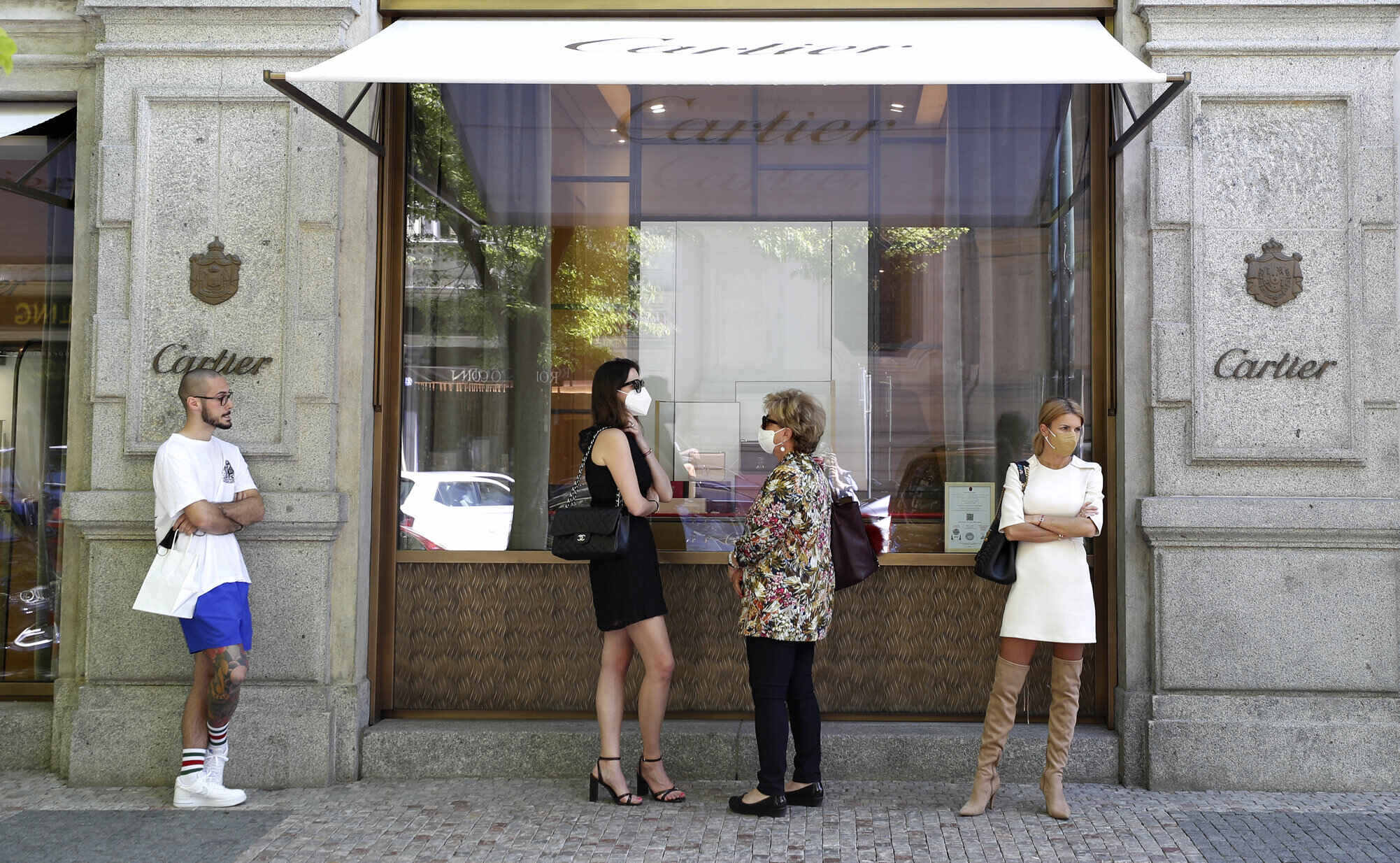The wealthiest one percent of Czechs owns assets of the same value as are the total assets of the “lower” 90 percent, according to a study by the Credit Suisse Research Institute. The Czech Republic is thus one of the most inegalitarian countries in Europe.
While comparing income inequality, the Czech Republic is one of the more egalitarian countries within Europe, in the ranking of property inequalities, it is at the top. It surpasses Germany, the United Kingdom, but also the United States.
Unlike many other comparisons, Czechia deviates from the situation in the Visegrad Four: in Poland, Hungary, and especially in Slovakia, the chasm between the poor and the rich is not nearly as large.
Unlike some other European countries, the Czech state does not record detailed statistics on the wealth of individuals or families stored in real estate or securities.
In regular international comparisons, the Credit Suisse Research Institute thus helps itself with indirect data, such as the sum of total assets calculated by the Czech National Bank or estimates of the wealth of the richest published by Forbes magazine.
According to the study, the property inequality in the Czech Republic is due to the fact that one-hundredth of the richest Czechs owns about 36 percent of all property.
“Property is not a topic that concerns the relationship between the lower and middle class. It is mainly about the relationship between the upper one percent and the rest of the society,” commented Jakub Komárek from the PAQ Research agency and the author of the Property Inequality research report.






